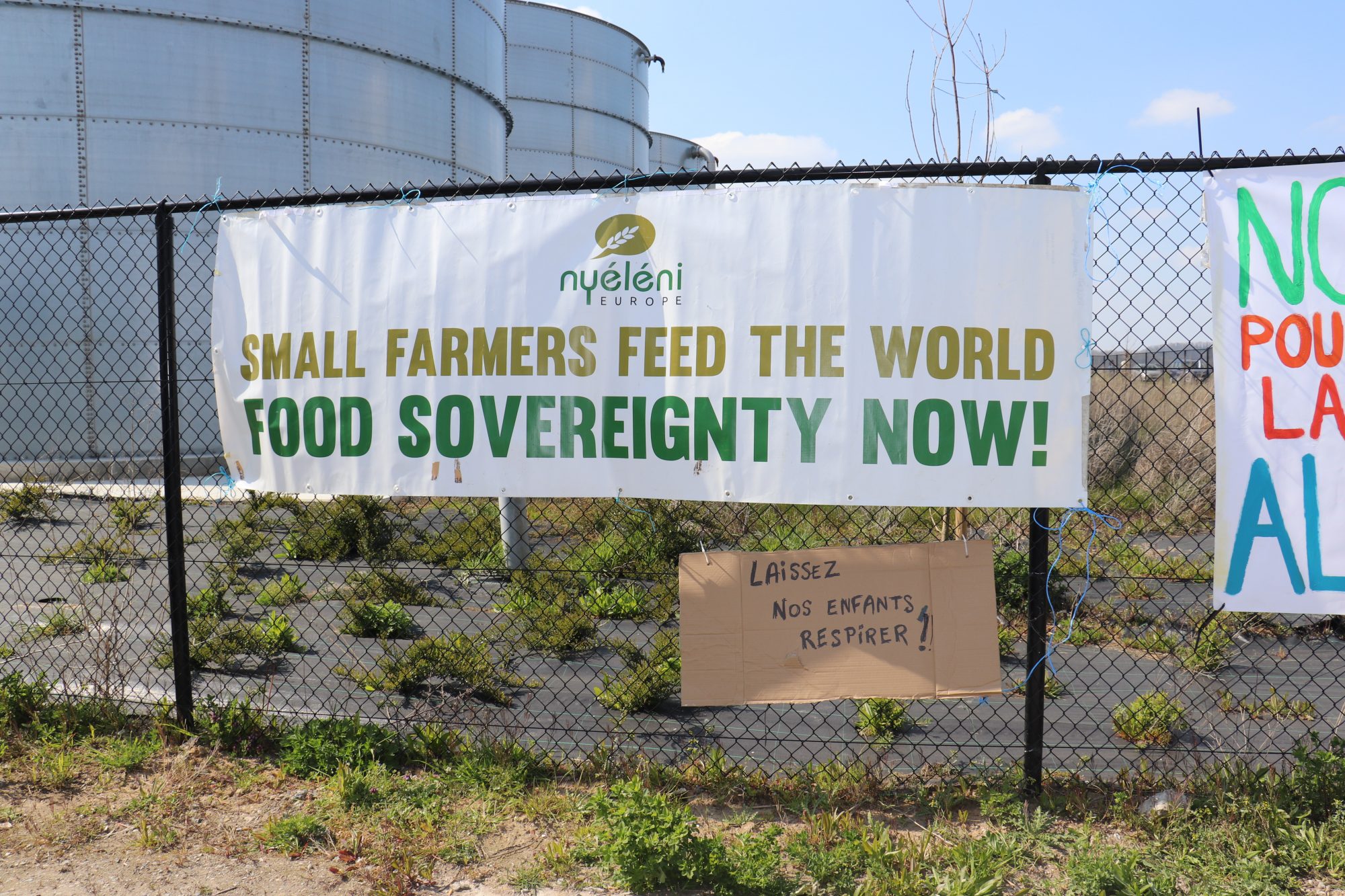Brussels, 23 Apr 2021
European Coordination Via Campesina expressed its deep concern regarding the not transparent and illegitimate process surrounding the organisation of the United Nations Food Systems Summit (UNFSS), in a letter to policymakers and representatives involved in the EU Council meeting to discuss and endorse the EU priorities on the FSS. Read the letter below or download in PDF here.
Brussels, 22 April 2021
Dear Ministers of Agriculture,
Dear Mr. Jose Luis Coelho Silva,
Dear Representatives of the Member States
European Coordination Via Campesina, which brings together 31 peasants’ and agricultural workers’ organisations in 20 European countries, would like to express its deep concern about the process surrounding the UNFSS, and about the conclusions that the European Council will take on its priorities.
Firstly, we must recall that this summit is not legitimate as a “UN Summit” since it is not convened by the Member States nor validated by the UN General Assembly. The initiator and main partner of this summit is the World Economic Forum (WEF), which brings together the richest and most powerful corporations in the world. These corporations are largely responsible for the degradation of the environmental state of the world and the rise in inequality. This “summit” considerably weakens the role played by States.
Civil society organizations, and in particular organisations of food producers (peasants, fisherfolk, indigenous peoples, rural women, pastoralists, agricultural workers, etc.) have been marginalised in the process, despite addressing this problem since the moment the “summit” was announced. This is due to:
- The very manner in which the summit was convened, outside of UN agencies;
- The direct appointments made by the Secretary-General of leaders who represented dominant economic forces;
- The lack of democratic inclusion of food producers’ organisations (and particularly small-scale food producers) within the bodies created to manage the process, contravening the provisions issued by States in the reform of the CFS (with strong commitment from the EU).
Al this has makes it impossible for civil society – and, in our opinion, the majority of countries – to contribute to the process in an effective and efficient manner.
In this context, we as European Coordination Via Campesina, who are committed to sustainable agriculture and who have been addressing the systemic problems of our time for longer, see no other option than to not participate in such a “summit”. We will not give legitimacy to such an undemocratic space, as explained in the recent position paper published by the global peasants movement La Via Campesina, to which we also belong.
The organisation of the “summit” and its process are also in flagrant contradiction of the priorities of EU policies such as the Green Deal, and Farm to Fork and Biodiversity Strategies, as well as of the recommendations of the European Parliament. The Parliament is also prevented from expressing its position because the Food System Summit’s process is directed vertically by a non-institutional body, with a private secretariat and out of any control of the member countries.
ECVC is particularly concerned about the preparation of the “summit” and by the excessive emphasis put on technological solutions that are introduced as a universal solution to food systems problems. On the contrary, we are truly convinced that digitalisation, robotisation and other inventions are largely escaping producers and are increasing the dominance of large digital companies whose wealth and power have grown exponentially, especially during the COVID19 pandemic. The parallel dispossession of farmers and other food producers of their means of production increases rural poverty and the problems of the food system that we are committed to solve. In this context, the priority should be to wholly fulfil the human rights of food producers as stated by the United Nations Declaration on the Rights of Peasants and other people working in rural areas.
We therefore demand that the European Council clearly develops a strategy to return to a multilateral functioning as agreed by the States and based on “One country = One vote”. The EU Council should prevent any follow-up on the “summit” and make sure that the Rome-based agencies and the Committee on World Food Security remain the central spaces for multilateral discussions on food and agriculture.
We remain at your disposition for consultation on this matter.
Best wishes,
Coordinating Committee of European Coordination Via Campesina

